August 26 stands as one of history’s most eventful days, witnessing the rise and fall of empires, groundbreaking discoveries, and moments that shaped our modern world across centuries of human achievement.

Politics and Government Events on August 26
1920 – United States Constitution’s 19th Amendment Certified
The 19th Amendment to the United States Constitution, granting women the right to vote, received official certification on this date. This historic milestone culminated decades of suffrage activism and protest.
American women gained constitutional protection for their voting rights after years of organized campaigns. The amendment’s certification marked a fundamental shift in democratic participation across the nation.
1940 – Chad Becomes First French Colony to Join Allies
Chad distinguished itself as the first French colony to align with the Allied forces during World War II. The territory’s administration under Félix Éboué, France’s first black colonial governor, demonstrated remarkable courage.
This bold decision defied Vichy France’s collaboration with Nazi Germany. Chad’s early commitment to the Allied cause inspired other French colonies to follow suit.
1944 – Charles de Gaulle Enters Paris
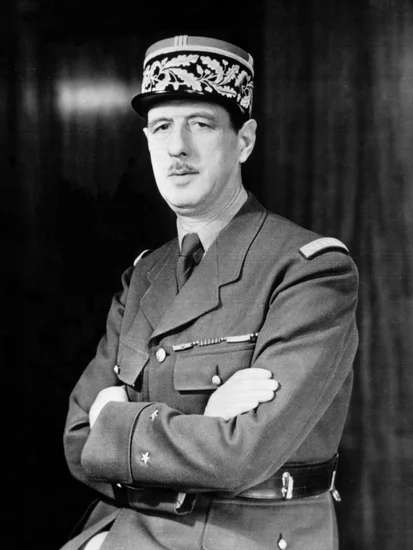
French General Charles de Gaulle made his triumphant entry into liberated Paris during World War II. His arrival symbolized French resistance victory and the restoration of national sovereignty.
Crowds lined the streets to welcome the leader of Free France. De Gaulle’s entrance marked the beginning of France’s political reconstruction after Nazi occupation.
1977 – Charter of French Language Adopted in Quebec
The National Assembly of Quebec adopted the Charter of the French Language, fundamentally reshaping linguistic policy. This legislation established French as the province’s official language in government and business.
The charter sparked intense debate about language rights and cultural preservation. Quebec’s bold linguistic legislation influenced similar movements across French-speaking regions worldwide.
Military and Naval History on August 26
1914 – British Forces Defend at Le Cateau
British General Sir Horace Smith-Dorrien commanded the II Corps in a vigorous defensive action at Le Cateau. The successful engagement occurred during the strategic retreat from Mons in World War I.
British forces demonstrated exceptional tactical skill against advancing German armies. The defensive victory provided crucial time for Allied forces to regroup and reorganize.
1922 – Turkish Forces Launch Great Offensive
The Turkish army initiated the Great Offensive (Büyük Taarruz) against Greek forces during the Greco-Turkish War. Major Greek defensive positions crumbled under the sustained Turkish assault.
This decisive military campaign marked the turning point in the conflict. The offensive ultimately secured Turkish independence and established modern Turkey’s borders.
1966 – South African Border War Begins
The South African Border War commenced with fighting at Omugulugwombashe. This conflict would span decades and involve multiple African nations seeking independence.
The initial battle marked the beginning of prolonged military engagement in southern Africa. The war’s outbreak reflected growing tensions over apartheid policies and colonial rule.
1999 – Second Chechen War Begins
Russia launched the Second Chechen War following the Islamic International Peacekeeping Brigade’s invasion of Dagestan. The military response escalated regional tensions dramatically.
Federal forces mobilized quickly to counter the perceived terrorist threat. The war’s beginning marked another chapter in Russia’s complex relationship with Chechen independence movements.
Science and Discovery Milestones on August 26
1998 – Boeing Delta III Flight Ends in Disaster
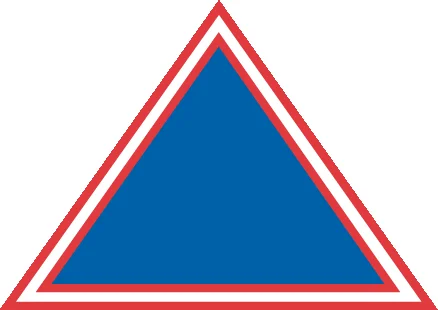
The Boeing Delta III’s maiden flight terminated catastrophically just 75 seconds after liftoff. The failure resulted in the complete loss of the Galaxy X communications satellite.
Engineers faced significant challenges in determining the cause of the explosive failure. This setback delayed commercial satellite deployment programs and prompted extensive safety reviews.
2011 – Boeing 787 Dreamliner Receives Certification
The Boeing 787 Dreamliner achieved dual certification from both the European Aviation Safety Agency and Federal Aviation Administration. This composite airliner represented revolutionary advances in aircraft design and fuel efficiency.
The certification process involved extensive testing of innovative materials and systems. Boeing’s achievement marked a new era in commercial aviation technology and environmental responsibility.
2021 – Kabul Airport Suicide Bombing

A devastating suicide bombing at Hamid Karzai International Airport killed 13 American military personnel and at least 169 Afghan civilians. The attack occurred during the chaotic 2021 evacuation from Afghanistan.
The explosion highlighted the dangerous security situation during the withdrawal. The tragic incident underscored the complex challenges of military evacuations in hostile environments.
Cultural and Arts Events on August 26
1972 – Munich Olympics Begin
The Games of the XX Olympiad officially opened in Munich, West Germany. These Olympics would later become infamous for the tragic terrorist attack on Israeli athletes.
The opening ceremony celebrated international athletic competition and German hospitality. Munich’s Games initially promised to showcase peaceful sporting excellence before tragedy struck.
1978 – Papal Conclave Elects John Paul I
Cardinal Albino Luciani emerged from papal conclave as Pope John Paul I. His election brought hope for progressive change within the Catholic Church.
The new pope’s warm personality and reformist views excited Catholics worldwide. His brief papacy would last only 33 days before his unexpected death.
1980 – Harvey’s Resort Hotel Bomb Incident

John Birges planted a sophisticated bomb at Harvey’s Resort Hotel in Stateline, Nevada. The FBI’s attempted disarmament inadvertently triggered the explosive device.
The incident showcased both criminal ingenuity and the dangers of bomb disposal. The explosion caused significant property damage but fortunately resulted in no casualties.
Religious and Social Events on August 26
1970 – Women’s Strike for Equality
American women organized a nationwide Women’s Strike for Equality, commemorating the 19th Amendment’s 50th anniversary. The demonstration called for equal rights and opportunities.
Participants demanded workplace equality, reproductive rights, and educational access. The strike mobilized thousands of women across the country for civil rights activism.
2009 – Jaycee Dugard Discovered Alive

Kidnapping victim Jaycee Dugard was discovered alive in California after vanishing for over 18 years. Her captors, Phillip and Nancy Garrido, were immediately apprehended.
The remarkable rescue concluded one of America’s most notorious missing person cases. Dugard’s survival and recovery inspired hope for other families of missing children.
2014 – Rotherham Child Exploitation Report Published

The Jay Report exposed the massive Rotherham child sexual exploitation scandal. The investigation revealed systemic failures in protecting vulnerable children.
The report documented widespread abuse and institutional neglect spanning many years. Its publication prompted national reforms in child protection services and policies.
Business and Economic Events on August 26
1936 – Santander Falls to Nationalists
During the Spanish Civil War, the city of Santander fell to nationalist forces. The republican interprovincial council dissolved following the military defeat.
The victory strengthened Franco’s position in northern Spain. Santander’s fall disrupted republican supply lines and weakened their strategic position.
1993 – Beni Ali Massacre in Algeria
The Beni Ali massacre occurred during Algeria’s civil war, claiming between 60 and 100 lives. The violence reflected the country’s ongoing political and economic instability.
The attack demonstrated the brutal nature of Algeria’s internal conflict. Economic hardship and political uncertainty continued to fuel widespread violence.
1942 – Holocaust Deportation from Chortkiv
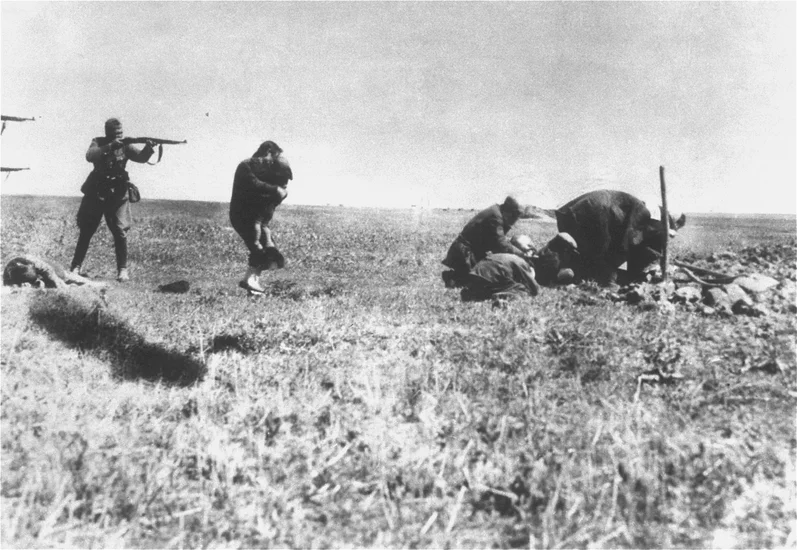
Ukrainian police and German forces deported two thousand Jews from Chortkiv to Bełżec extermination camp. Five hundred sick individuals and children were murdered immediately.
The systematic deportation continued into the following day. This tragic event exemplified the Holocaust’s methodical destruction of Jewish communities.
Transportation and Infrastructure on August 26
1969 – Aeroflot Flight 1770 Crashes

Aeroflot Flight 1770 crashed during landing approach at Vnukovo International Airport, killing 16 passengers and crew. The accident highlighted ongoing aviation safety challenges.
Investigators examined weather conditions and pilot error as potential causes. The crash prompted reviews of landing procedures at Soviet airports.
1993 – Sakha Avia Flight 301 Crashes

Sakha Avia Flight 301 crashed during approach to Aldan Airport, resulting in 24 fatalities. The accident occurred in challenging Siberian weather conditions.
All passengers and crew perished in the devastating crash. The tragedy underscored the dangers of aviation in remote Russian regions.
2003 – Colgan Air Flight 9446 Crashes
A Beechcraft 1900 operating as Colgan Air Flight 9446 crashed immediately after takeoff from Barnstable Municipal Airport. Both pilots died in the accident.
The crash occurred in Yarmouth, Massachusetts, during what should have been a routine flight. Investigators examined mechanical failure and weather as contributing factors.
Sports and Recreation on August 26
2015 – Virginia Television Journalists Shot
Two American journalists were fatally shot by a disgruntled former coworker during a live television broadcast. The shocking incident occurred in Moneta, Virginia.
The attack was broadcast live to viewers across the region. The tragedy highlighted workplace violence and mental health issues in the media industry.
2018 – Jacksonville Video Game Tournament Shooting

A mass shooting at a Madden NFL ’19 video game tournament in Jacksonville, Florida, killed three people and wounded eleven others. The attack shocked the gaming community.
The shooter targeted participants in the competitive gaming event. The incident raised concerns about security at public gaming tournaments and events.
2023 – Second Jacksonville Shooting

Exactly five years after the 2018 Jacksonville Landing shooting, another shooting in Jacksonville, Florida, claimed three lives. The timing created eerie parallels between the tragedies.
The coincidental anniversary highlighted ongoing gun violence concerns. Jacksonville’s repeated experience with mass shootings sparked renewed calls for prevention measures.
Notable Births on August 26
1910 – Mother Teresa Born

Albanian-Indian nun Mother Teresa was born on this date, beginning a life dedicated to serving the poor. Her childhood in Skopje shaped her compassionate worldview.
She would later become a Catholic saint and Nobel Prize laureate. Mother Teresa’s humanitarian work in Calcutta inspired global charitable movements.
1918 – Katherine Johnson Born

American physicist and mathematician Katherine Johnson entered the world on this date. Her exceptional mathematical abilities would prove crucial to NASA’s space program.
Johnson calculated trajectories for historic space missions including John Glenn’s orbital flight. Her groundbreaking work helped establish American leadership in space exploration.
1960 – Branford Marsalis Born
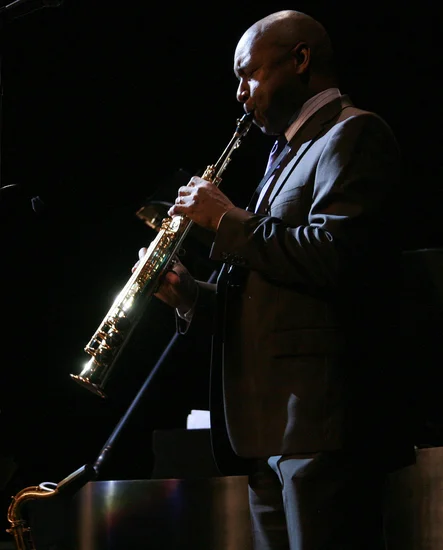
American saxophonist Branford Marsalis was born, destined to become a jazz legend. His musical talents emerged early in New Orleans’ rich cultural environment.
Marsalis would lead his own ensembles and serve as bandleader for late-night television. His contributions elevated jazz music’s profile in popular culture.
1970 – Melissa McCarthy Born

American actress and comedian Melissa McCarthy was born on this date. Her comedic timing and acting versatility would earn widespread acclaim.
McCarthy broke barriers for plus-size actresses in Hollywood. Her performances in films and television demonstrated remarkable range and authenticity.
1980 – Chris Pine Born

American actor Chris Pine was born, later becoming known for his charismatic screen presence. His early performances showcased natural acting ability.
Pine would achieve fame portraying Captain Kirk in the Star Trek film series. His versatility extended from action movies to dramatic roles.
1989 – James Harden Born

American basketball player James Harden was born on this date. His unique playing style would revolutionize professional basketball.
Harden’s scoring ability and court vision made him one of the NBA’s most dominant players. His innovative approach influenced basketball strategy worldwide.
1993 – Keke Palmer Born

American actress and singer Keke Palmer was born, showing early entertainment industry promise. Her talents encompassed acting, singing, and hosting.
Palmer became a prominent figure in film, television, and music. Her career demonstrated the possibilities for young African American entertainers.
Notable Deaths on August 26
1930 – Lon Chaney Dies
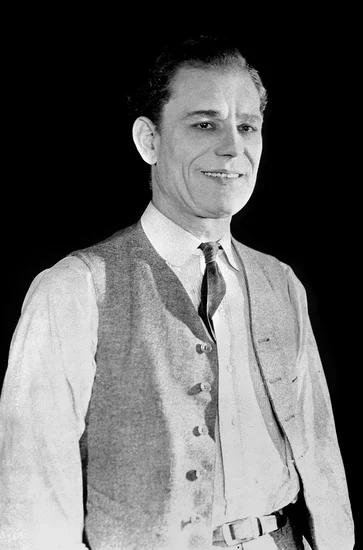
American actor Lon Chaney passed away, ending a legendary career in silent films. His mastery of makeup and character transformation earned him fame as “The Man of a Thousand Faces.”
Chaney specialized in horror and dramatic roles requiring extensive prosthetics. His dedication to authentic character portrayal influenced generations of actors.
1958 – Ralph Vaughan Williams Dies
English composer Ralph Vaughan Williams died after a distinguished musical career. His compositions captured the essence of English folk traditions and landscapes.
Vaughan Williams helped establish a distinctly English classical music style. His symphonies and choral works remain central to the classical repertoire.
1974 – Charles Lindbergh Dies
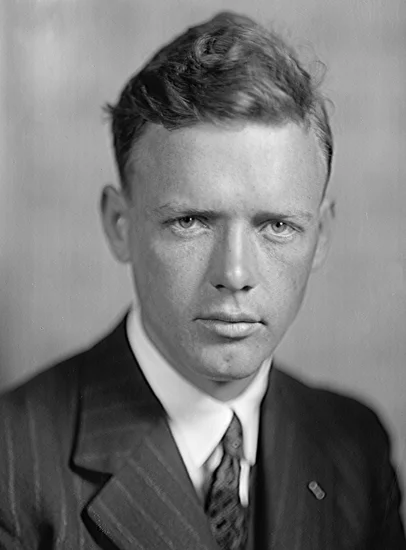
American aviator Charles Lindbergh passed away, remembered for his historic solo transatlantic flight. His 1927 journey from New York to Paris captured worldwide attention.
Lindbergh’s achievement accelerated commercial aviation development. His later life included conservation work and controversial political positions.
1980 – Tex Avery Dies
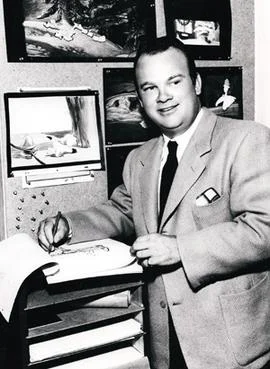
American animator and director Tex Avery died, leaving behind a legacy of innovative cartoon comedy. His work at Warner Bros. and MGM revolutionized animation.
Avery created iconic characters and perfected exaggerated comedy timing. His influence on animation humor continues to inspire contemporary animators.
2018 – Neil Simon Dies
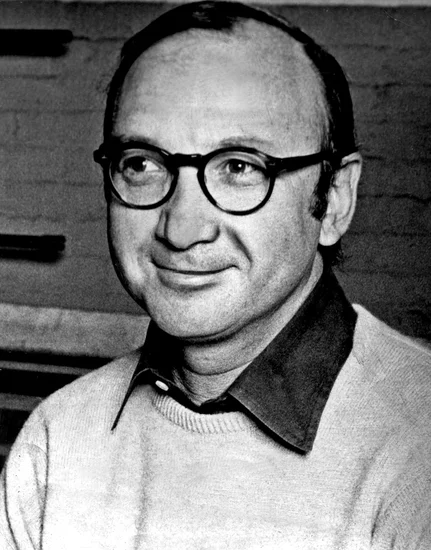
American playwright Neil Simon passed away after creating dozens of successful Broadway plays. His comedic writing touched millions of theatergoers worldwide.
Simon’s plays explored relationships with humor and heart. His contributions to American theater earned him numerous awards and critical acclaim.
2023 – Bob Barker Dies
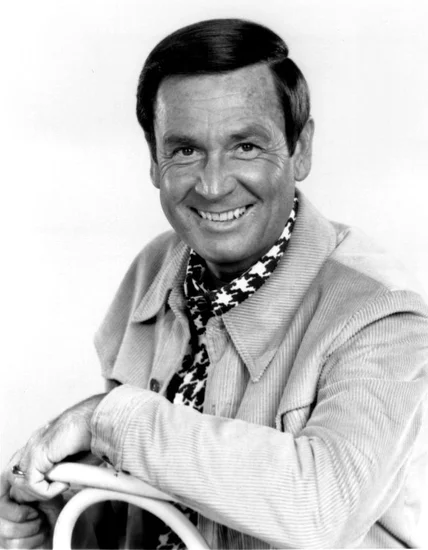
American television game show host Bob Barker died after a remarkable broadcasting career. His decades hosting “The Price is Right” made him a household name.
Barker’s enthusiastic hosting style and animal rights advocacy inspired many. His longevity in television entertainment set industry records.
Holidays and Observances on August 26
Women’s Equality Day (United States)

Americans observe Women’s Equality Day, commemorating the 19th Amendment’s certification in 1920. The holiday celebrates women’s constitutional right to vote.
The observance recognizes ongoing struggles for gender equality. Educational programs and ceremonies honor women’s contributions to American society.
Herero Day (Namibia)
Namibians observe Herero Day, remembering the tragic genocide of the Herero people. The commemoration honors victims of German colonial violence.
The observance promotes historical awareness and reconciliation. Traditional ceremonies and cultural activities preserve Herero heritage and memory.
Repentance Day (Papua New Guinea)
Papua New Guinea observes Repentance Day, calling for national reflection and spiritual renewal. The holiday emphasizes moral improvement and social healing.
Religious services and community gatherings mark the observance. The day encourages citizens to address personal and societal shortcomings.
